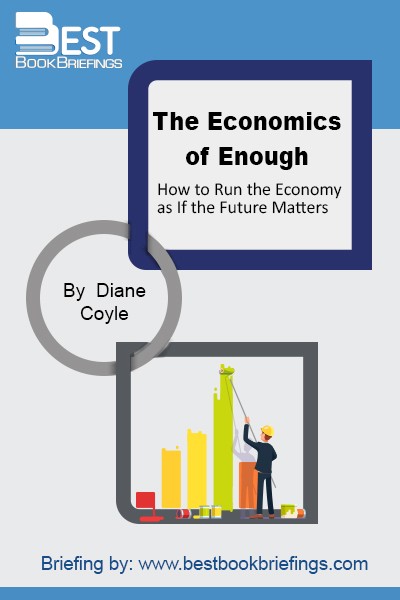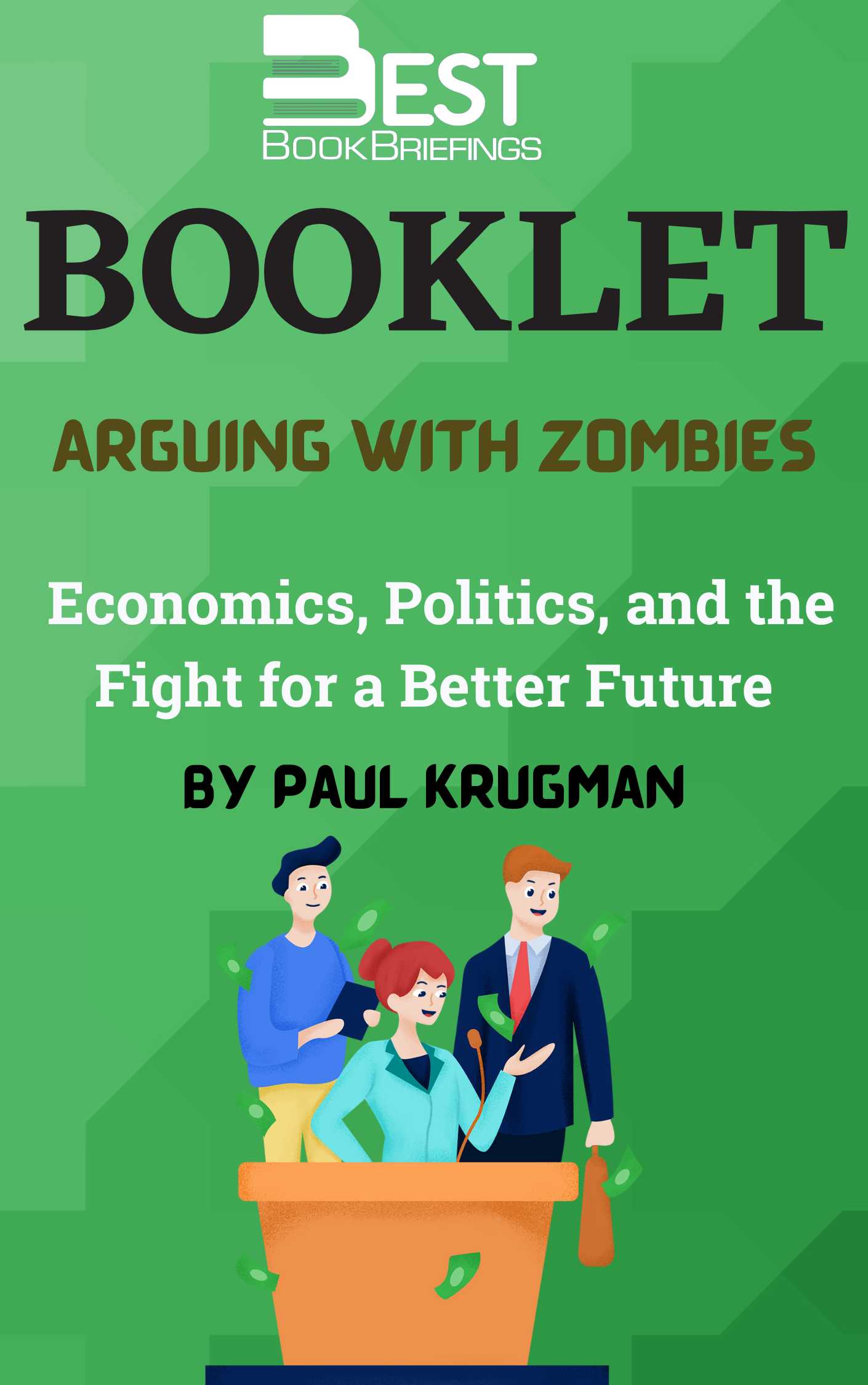Arguing with Zombies
Economics, Politics, and the Fight for a Better Future
Editorial Review
There is no better guide than Paul Krugman to basic economics, the ideas that animate much of our public policy. Likewise, there is no stronger foe of zombie economics, the misunderstandings that just won’t die. In Arguing with Zombies, Krugman tackles many of these misunderstandings, taking stock of where the United States has come from and where it’s headed in a series of concise, digestible chapters. Drawn mainly from his popular New York Times column, they cover a wide range of issues, organized thematically and framed in the context of a wider debate. Explaining the complexities of health care, housing bubbles, tax reform, Social Security, and so much more with unrivaled clarity and precision, Arguing with Zombies is Krugman at the height of his powers. It is an indispensable guide to two decades’ worth of political and economic discourse in the United States and around the globe, and now includes a preface on Zombies in the Age of COVID-19. With quick, vivid sketches, Krugman turns his readers into intelligent consumers of the daily news and hands them the keys to unlock the concepts behind the greatest economic policy issues of our time. In doing so, he delivers an instant classic that can serve as a reference point for this and future generations.
Book Reviews
Books on Related Topics

The global financial crisis that shook virtually every country, government, and household in the world in 2008-09 gave way to a frustrating “new normal” of low growth, rising inequality, political dysfunction, and, in some cases, social tensions, so much so that the path of the global economy is likely to end

The world’s leading economies are facing not just one but many crises. The financial meltdown may not be over, climate change threatens major global disruption, economic inequality has reached extremes not seen for a century, and government and business are widely distrusted. At the same time, many people regret the consumerism

As a frequent contributor to Futures Magazine, MoneyMorning.com, Traders.com Advantage and other top financial publications, I know from experience that stock trading offers enormous profit potential for traders if you have the right tools for success. But, each year, millions of aspiring stock traders still come to the stock market but



